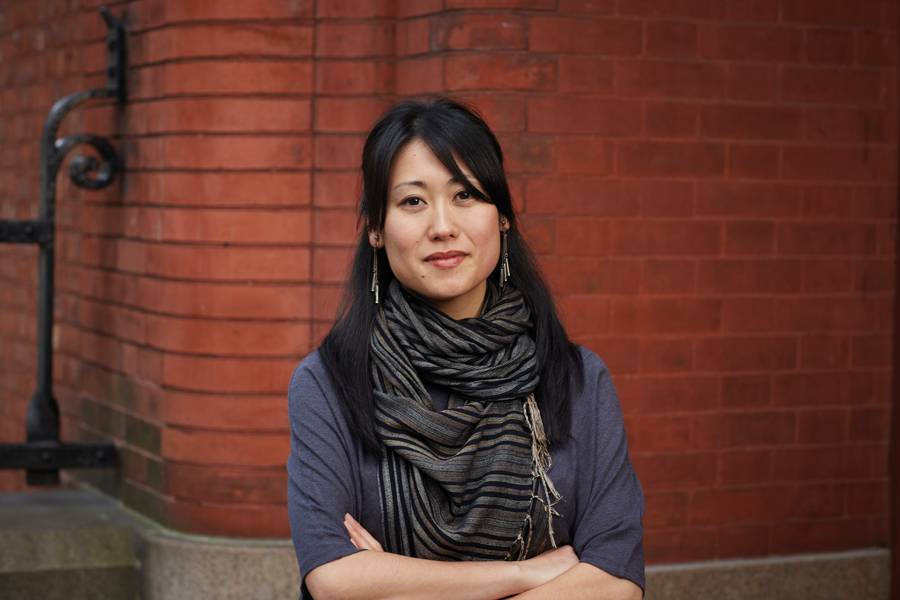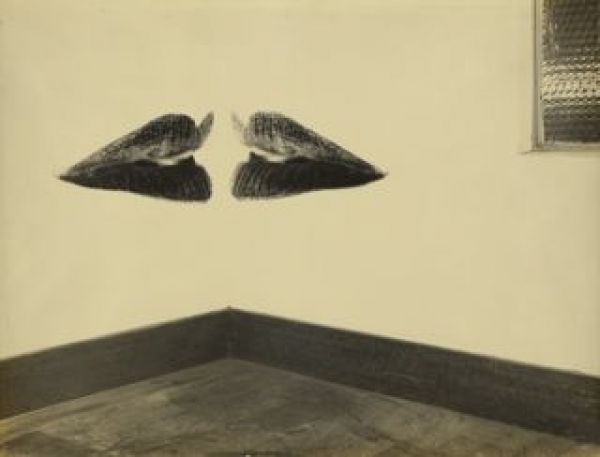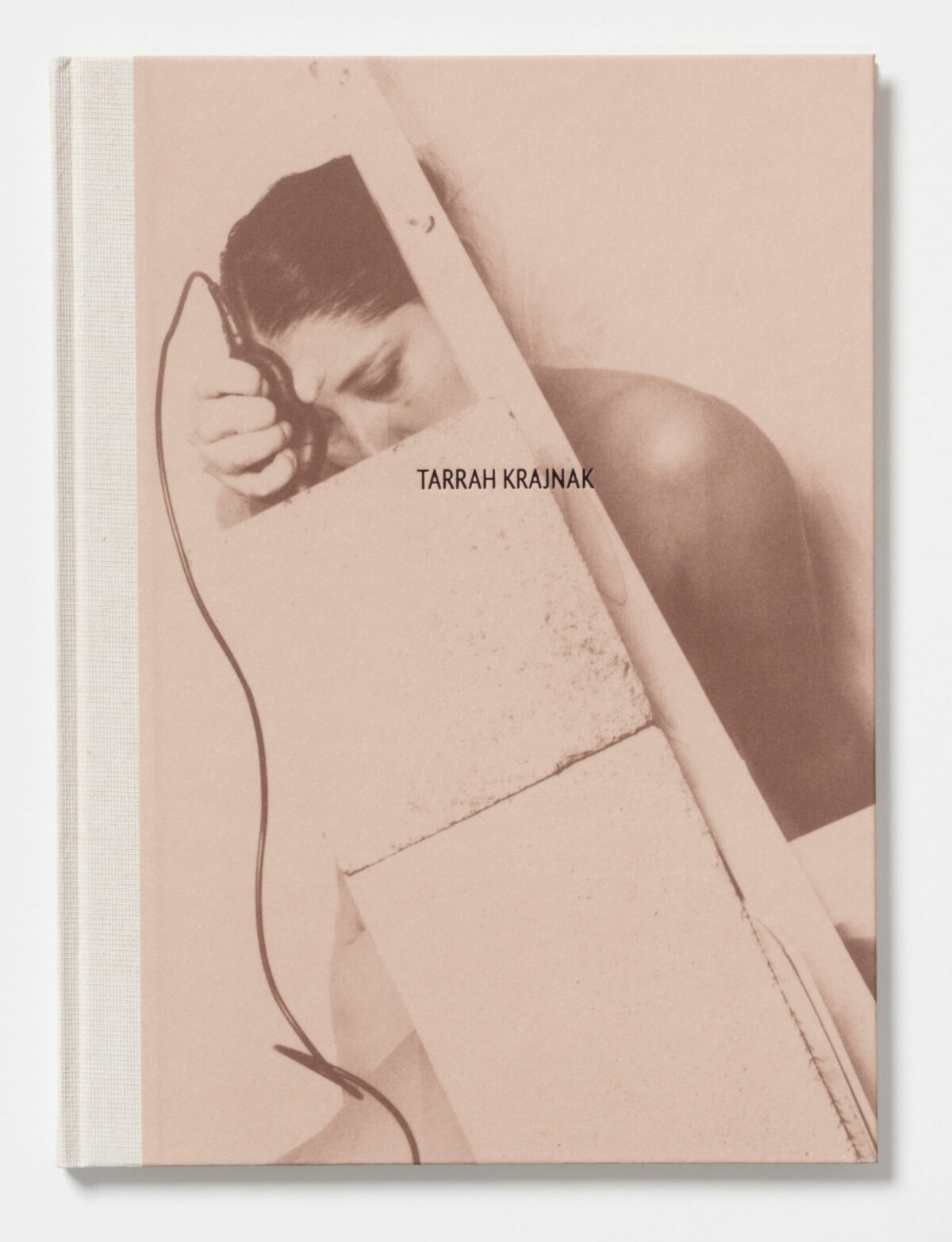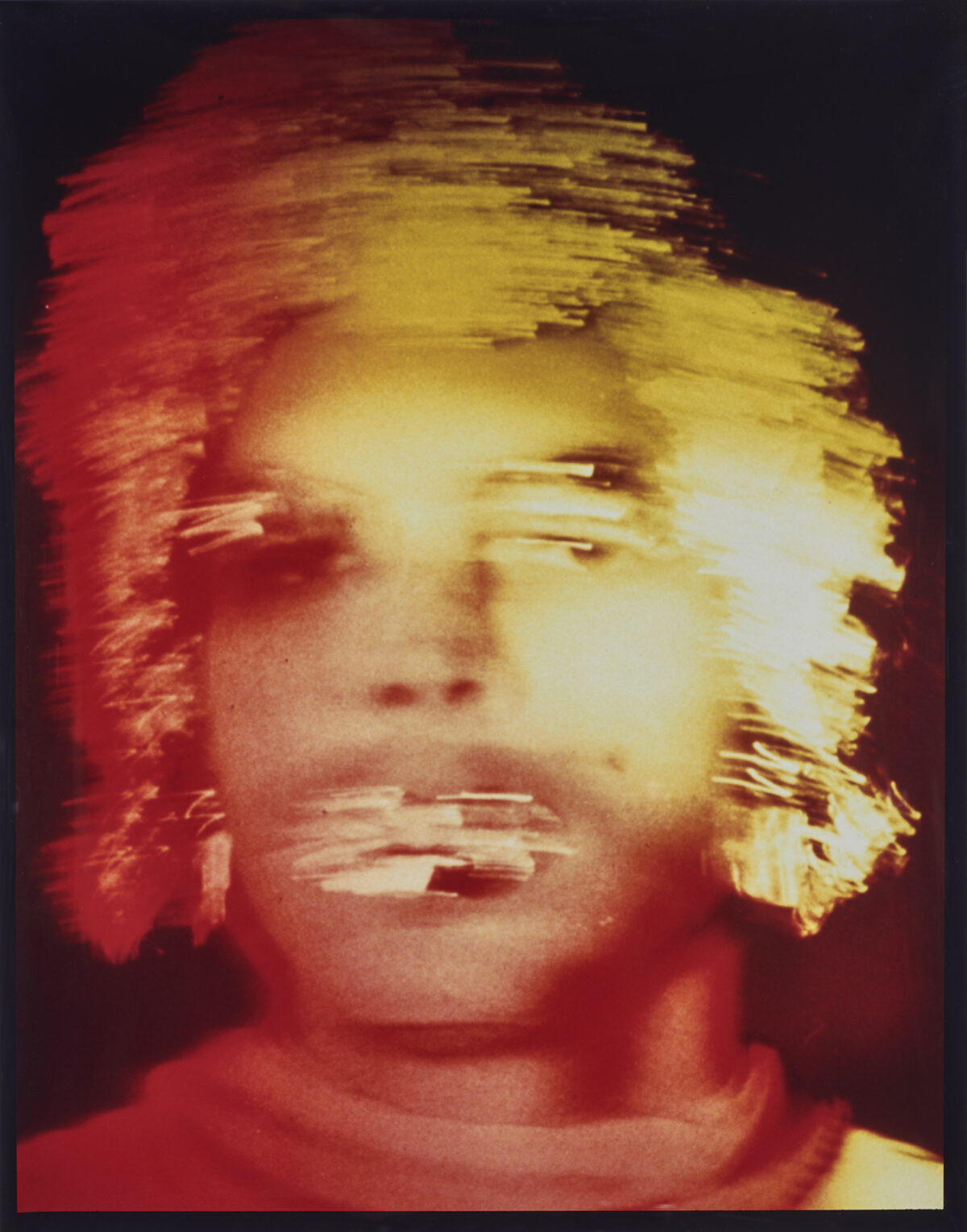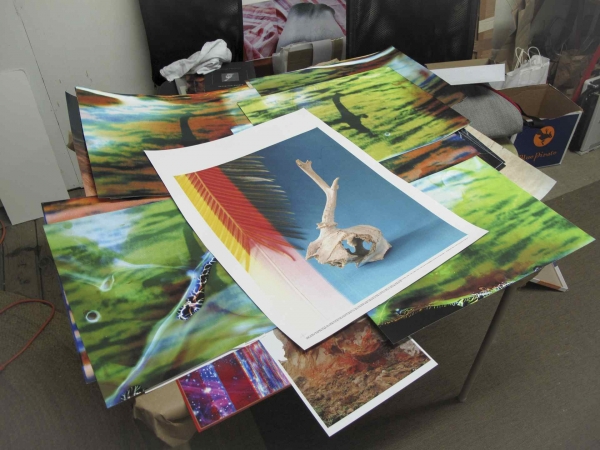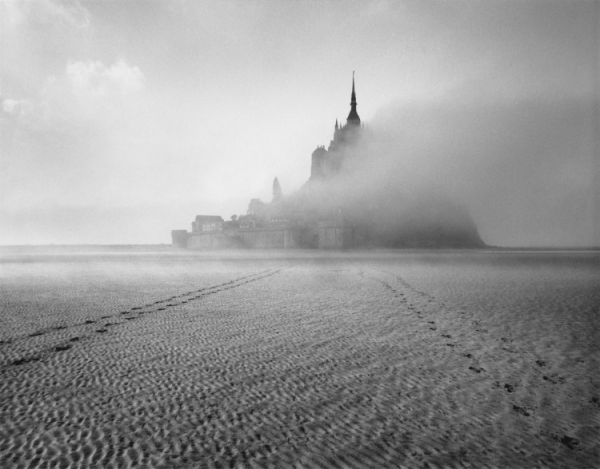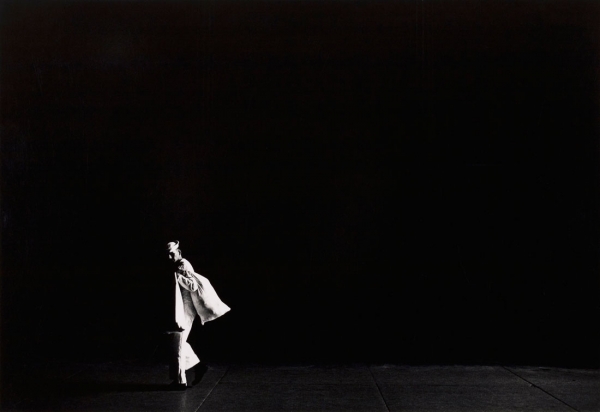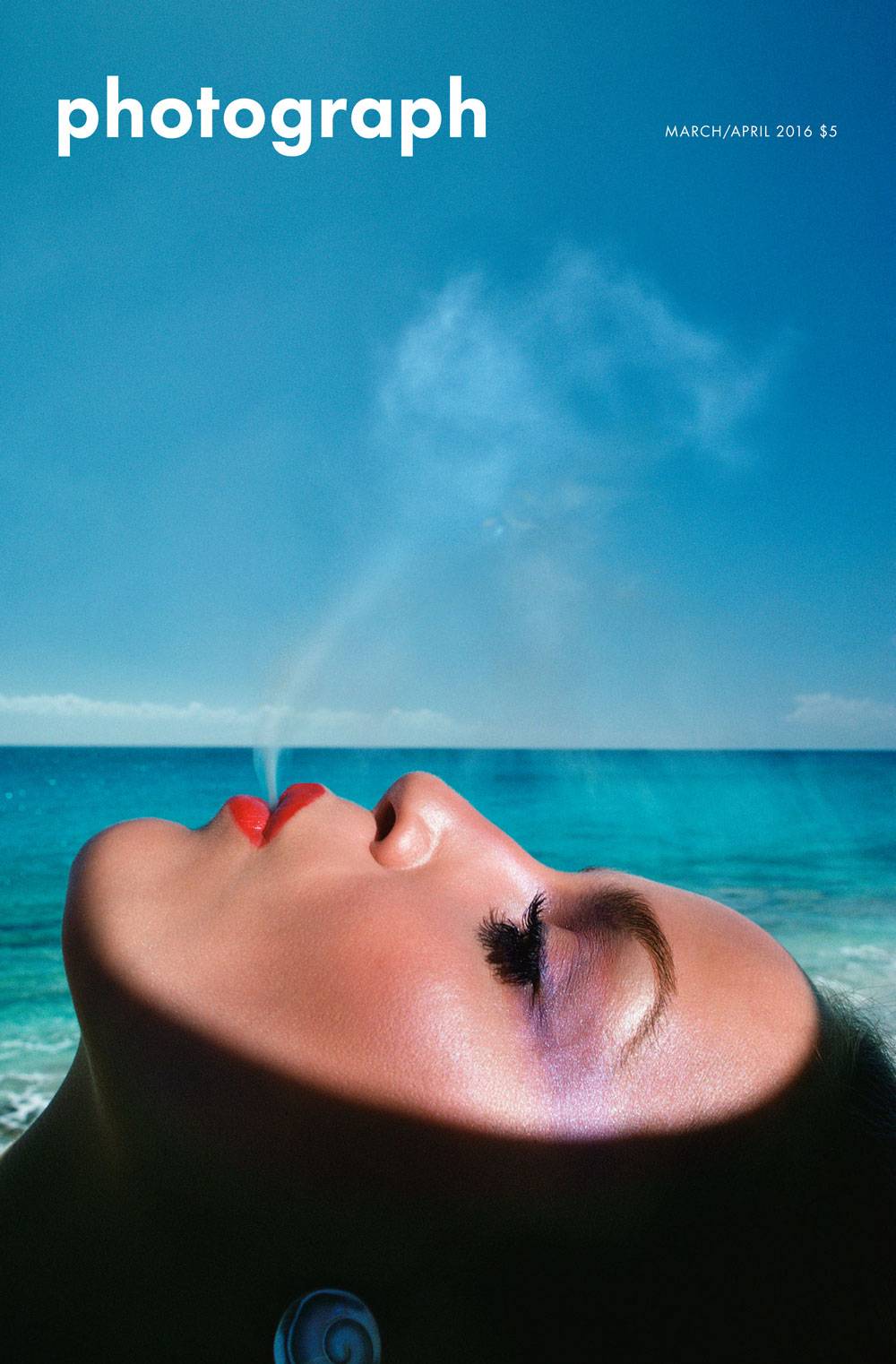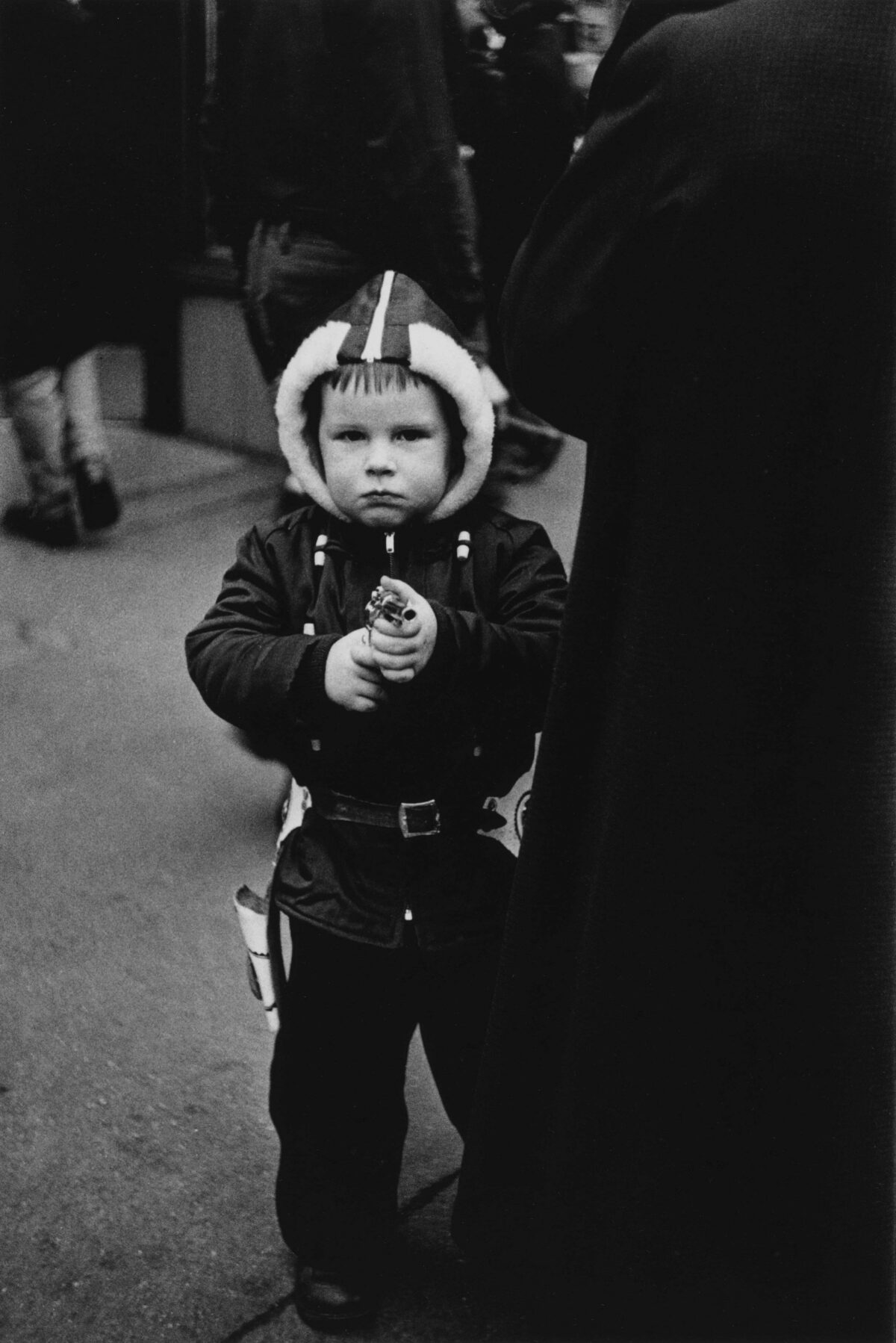I sat down with Yukiko Yamagata on a warm fall day in the spacious offices of the Open Society Foundations in midtown Manhattan. Were it not for a toothache that wound up needing attention, Yamagata was supposed to leave the next day for the Bamako Photo Festival, the sort of globe-trotting research that is a key part of her job as associate director of the Open Society Foundation’s Documentary Photography Project.
The Open Society Foundations were founded by investor and philanthropist George Soros in 1979, and since 1998, its Documentary Photography Project has produced the Moving Walls exhibitions, which focus on human rights and social justice issues. The first exhibitions were curated by photojournalist Susan Meiselas, who still co-curates them, along with Yamagata and photo historian Stuart Alexander. Together, they pore over some 400 submissions each year. “The idea was to serve as a platform for documentary work at a time when page numbers and opportunities for photographers were dwindling,” says Yamagata, “and to provide opportunities for photographers to think about their work in an exhibition context.”
The current show, Journeys, features five photographers – Shahria Sharmin, Glenna Gordon, Dionysis Kouris, Jeanine Michna-Bales, and Liam Maloney – whose work explores the concept of the journey in both the literal and the figurative sense, from North African migrants living in an abandoned building in Athens to Bangladeshi hijras, who identify as third gender.
Yamagata says she always thought she would become an artist herself. She was born in Japan, but her family moved to the U.S. when she was eight months old, and she grew up in Paramus, N.J. “My parents were incredibly supportive of the arts and education and really nurtured our creativity,” she says, of herself and her two sisters.
She was initially interested in costume design and textile conservation, and while she was an undergraduate at Barnard College, she interned with the Met’s Costume Institute, handling 17th-century gowns and making wigs out of newspaper. She loved it, but organic chemistry – a requirement for textile conservation – threw a wrench into her plans. Fortunately, an internship at the Whitney Museum gave her a new direction. “I had seen the 1993 Whitney Biennial when I was in high school,” she says, “and it really blew my mind.” The Whitney had hired Sylvia Wolf as its first photography curator, and Yamagata became her curatorial assistant. The first show she worked on was Susan Meiselas: Carnival Strippers. “I was so interested to see that work, which was made in the ‘70s, at the same time as the women’s movement. These women really owned what they were doing in a way that feminists of a later generation did.”
After a stint at the Schomburg Center for Research in Black Culture, working on the project In Motion: The African American Migration Experience, Yamagata came full circle when she joined the Open Society Foundations ten years ago and found herself working with Meiselas again. “We are engaging with ideas of documentary, but not only reportage,” she says of her work on Moving Walls. “We are concerned with representing people in a way that is fair and ethical and respectful.”

